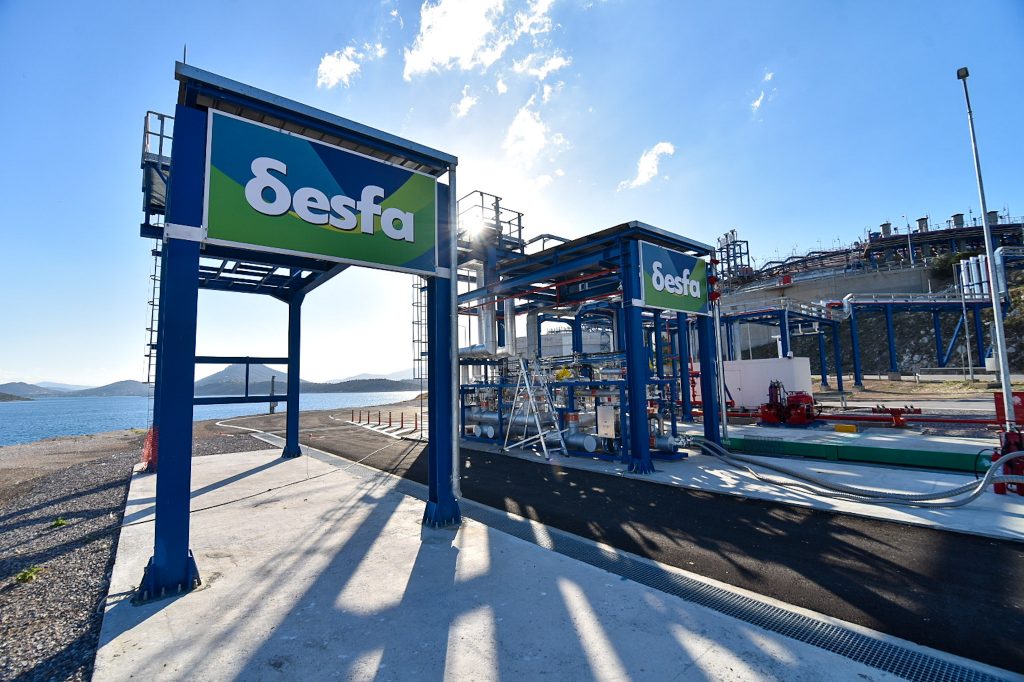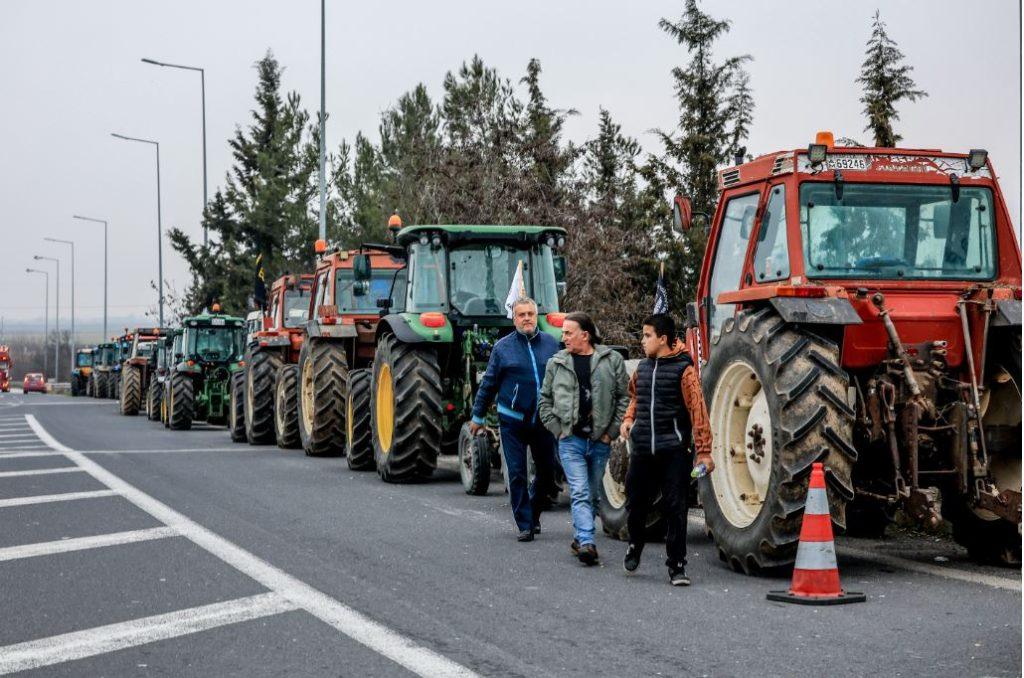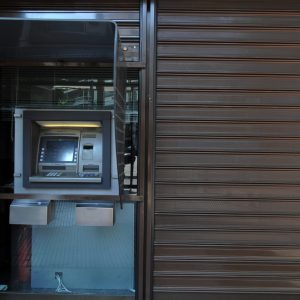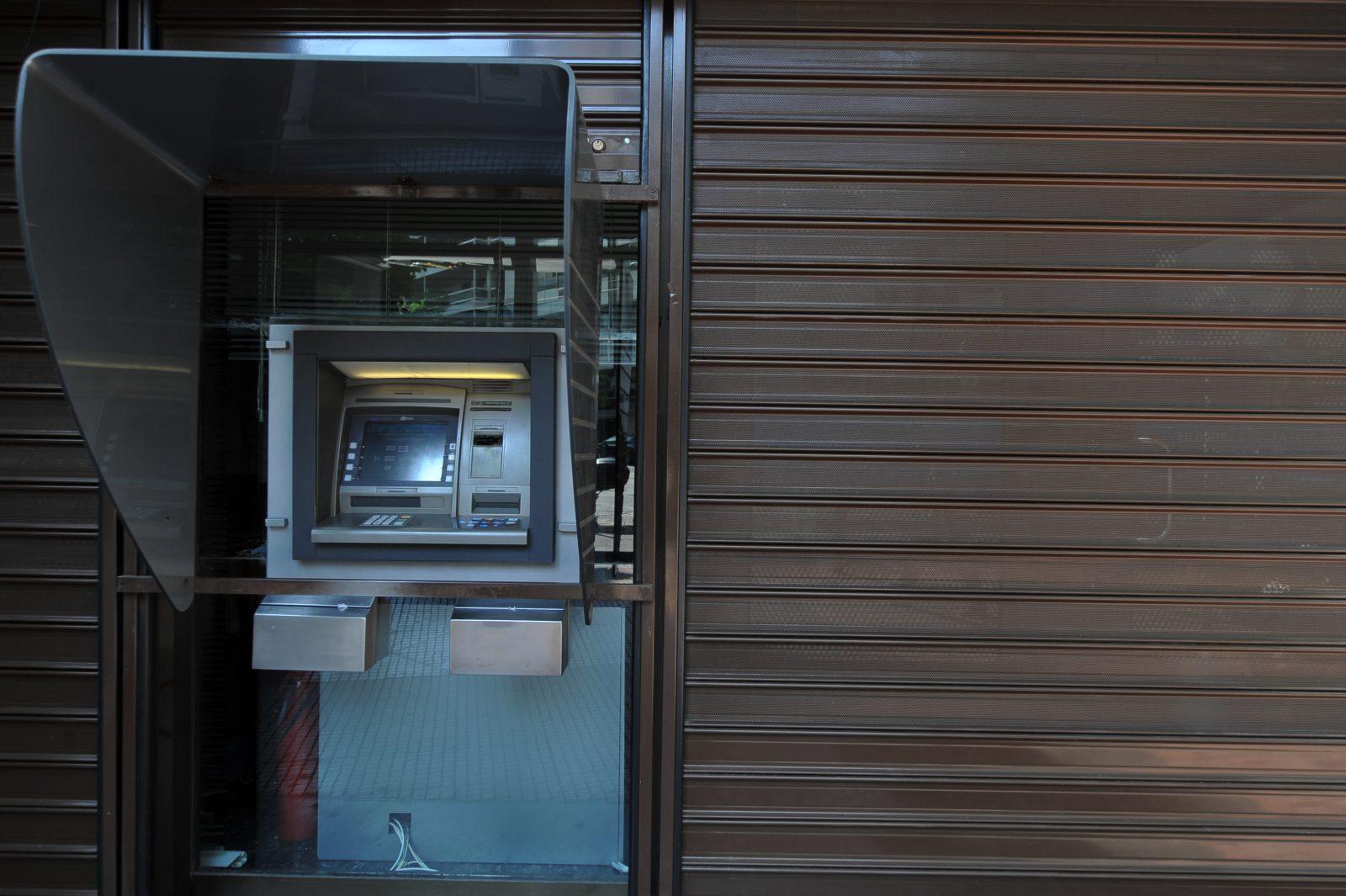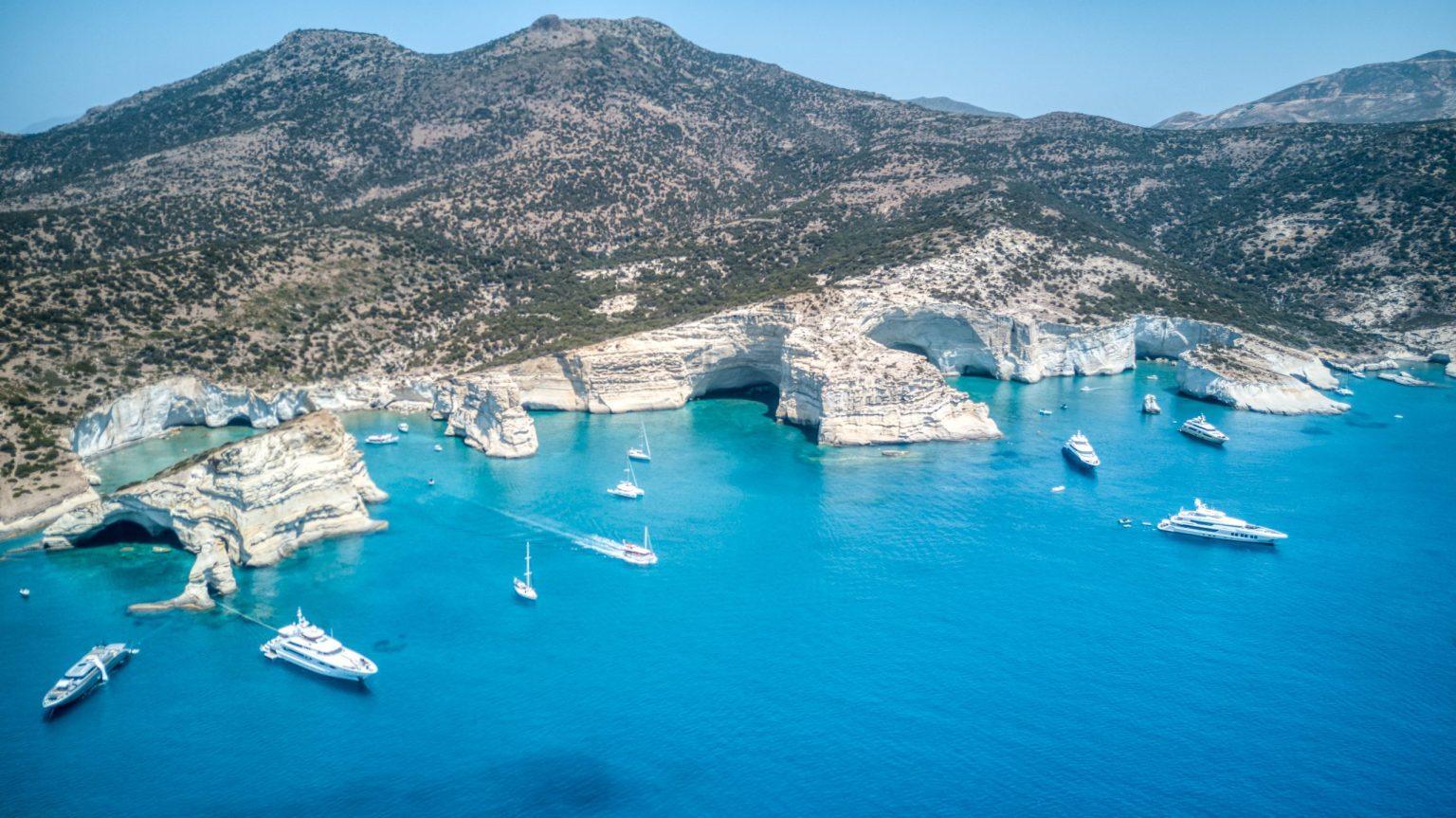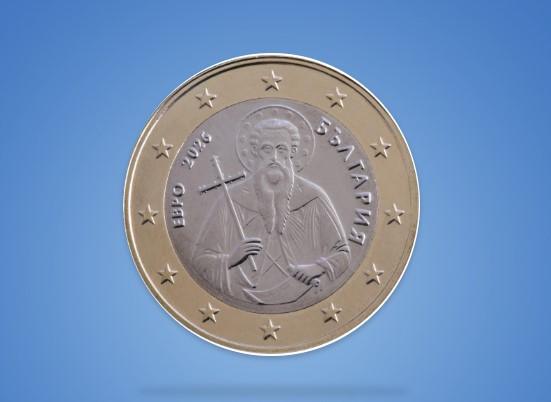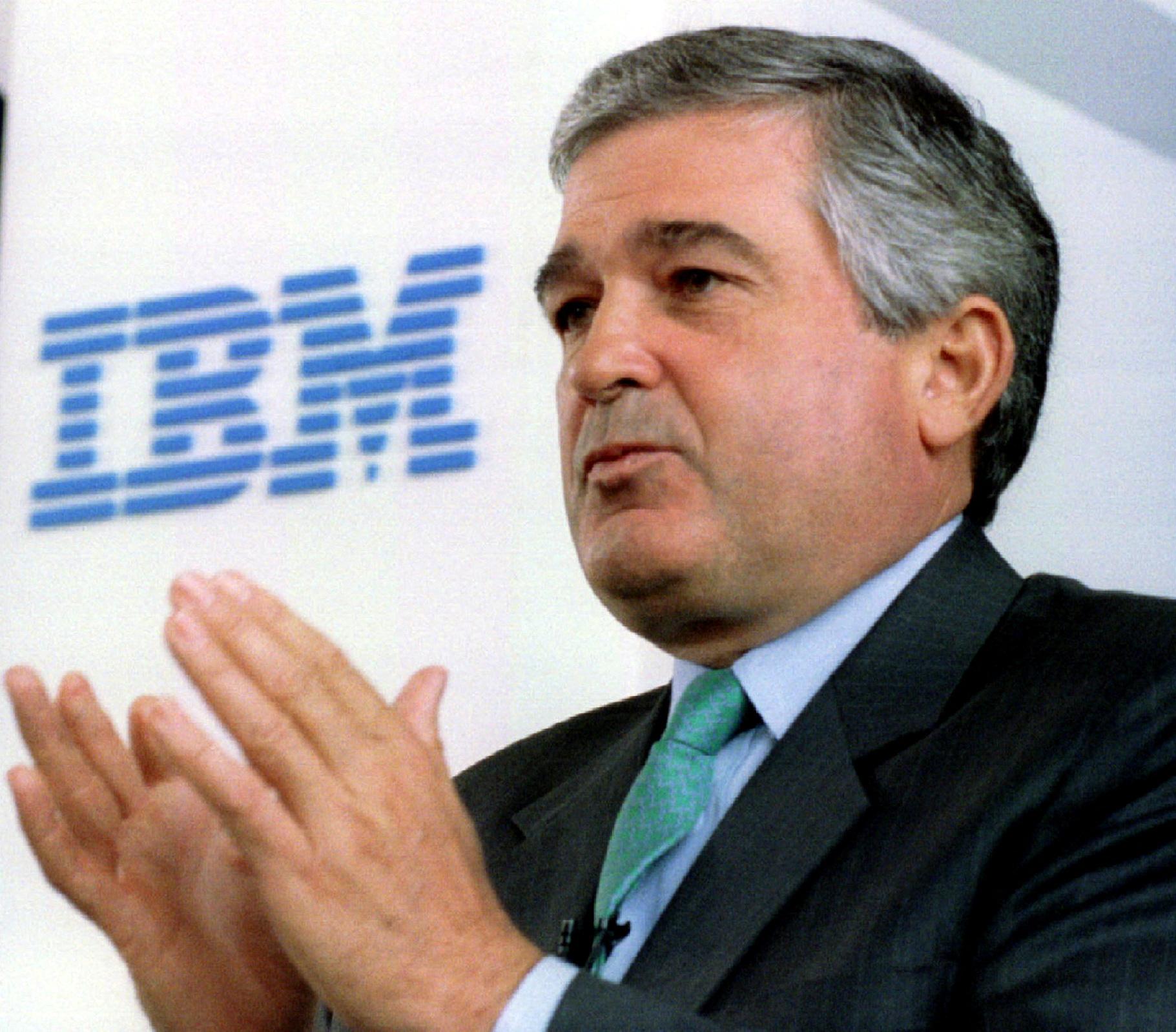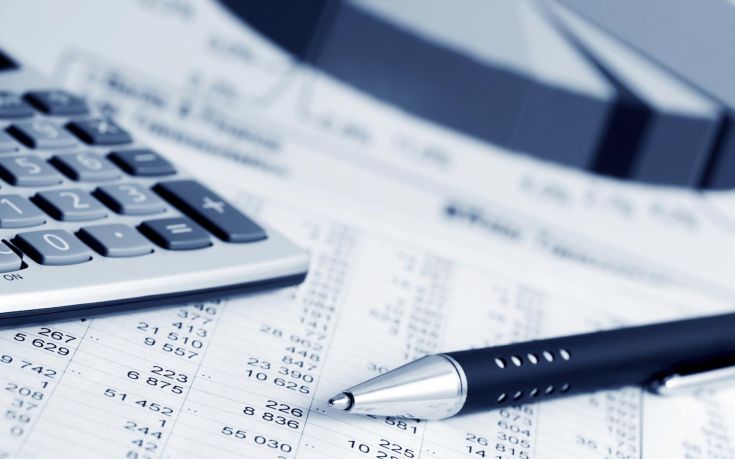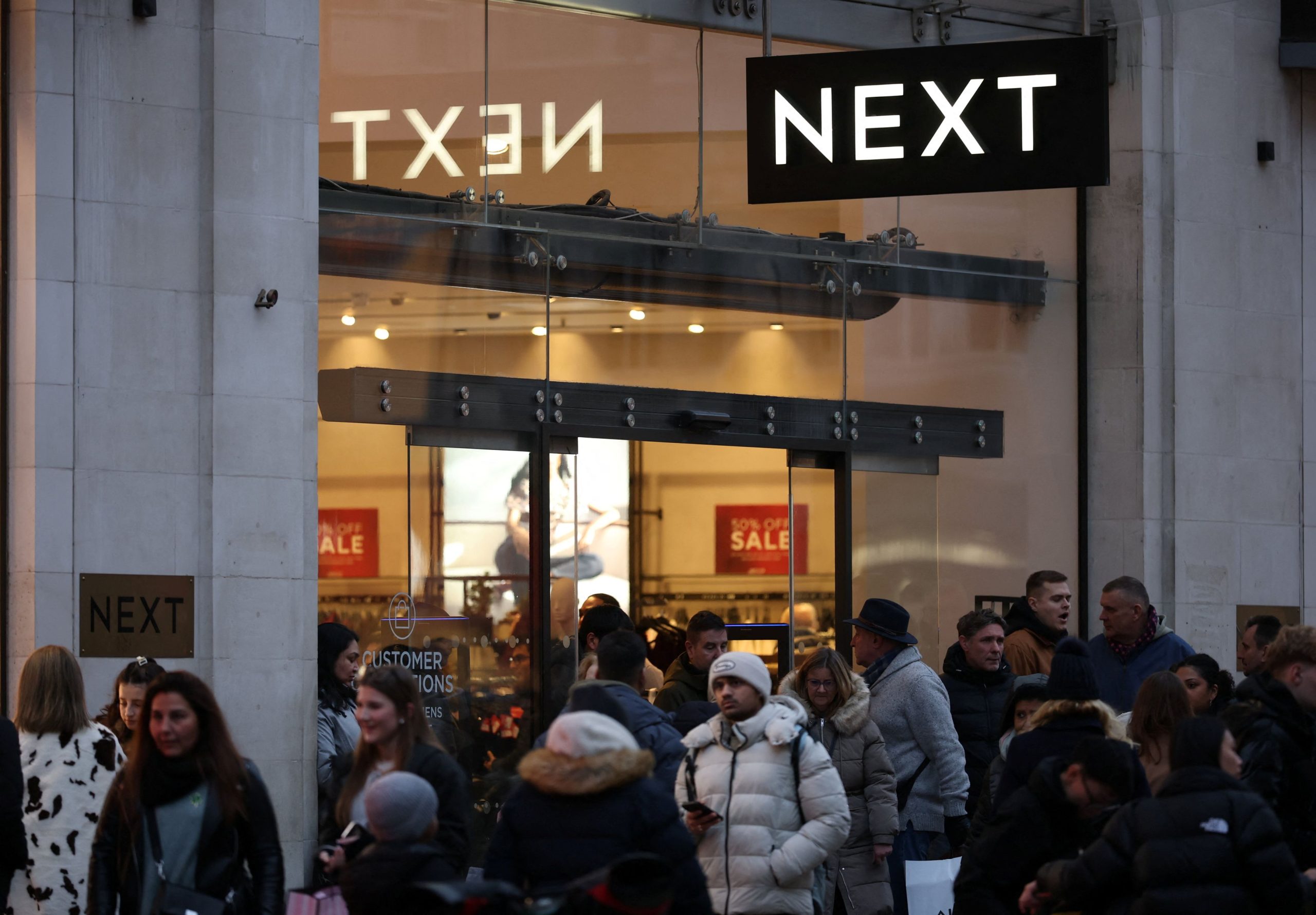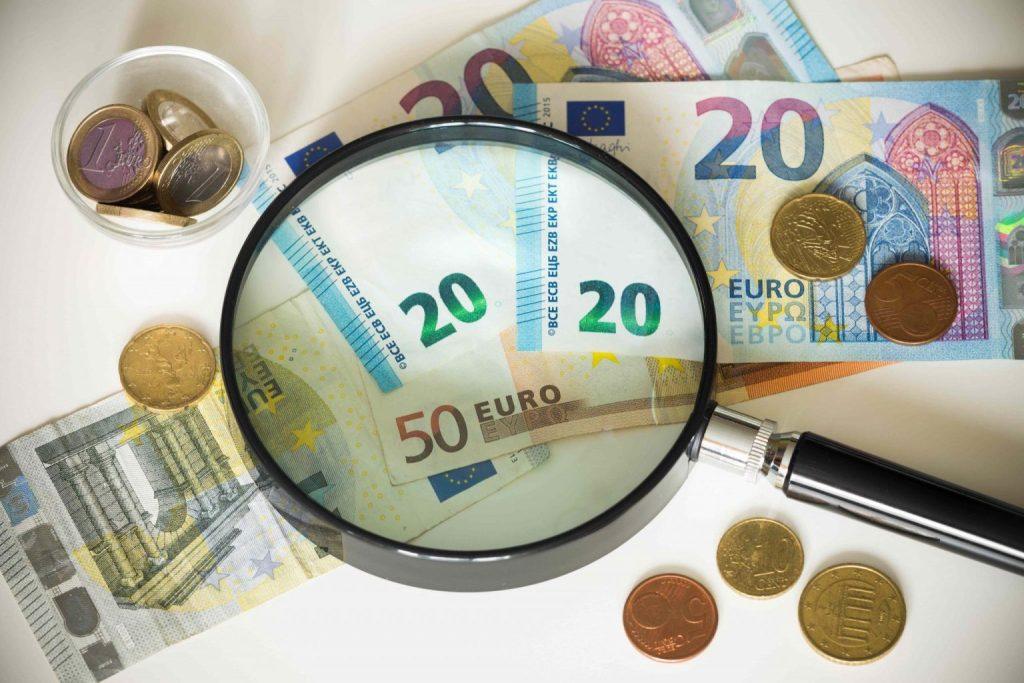The expanded role of Greece as a supply hub for the wider Balkan region with natural gas leads to a doubling of the natural gas transmission system. A role that contributes to strengthening the geopolitical position of the country.
Last week, Νatural gas transmission system operator-DESFA started the investigation of investors’ interest in the implementation of the infrastructures aimed primarily at supplying neighboring countries with natural gas, in order to first record the needs and then submit the investment proposals to the Regulatory Authority for Energy-RAE for approval.
A critical issue is the sharing of the costs of the investments since they are primarily aimed at supplying countries in SE Europe.
As pointed out by DESFA at an information event on the upgrade of the Greek system held last week, part of the cost can be covered by Greek consumers through user fees to the extent that the new projects improve security of supply by diversifying the sources of supply country. But the final decision on the matter will be taken by RAE.
Quadrupling of gas exports
According to the data presented, natural gas exports already quadrupled in 2022 compared to the previous year, reaching 29.5 terawatt hours compared to 7.6 in 2021, and were mainly directed to Bulgaria which faced a supply cut by Russia’s Gazprom. This is natural gas that was introduced in liquefied form at the Revythoussa Station and from there it was channeled to the Balkans through the Greek system.
The war in Ukraine, the decarbonization of energy production, the future shift to hydrogen are some of the factors that create increased demand in the wider region and the need for new gas transit and transport infrastructure. As is known, a floating Liquefied Natural Gas station (FSRU) is already being built in Alexandroupoli and the installation of four others in Corinth, Volos, Thessaloniki and one more in Alexandroupoli with a mainly export orientation is under investigation.
DESFA’s proposals provide for the doubling of the system (i.e. the construction of a second pipeline alongside the existing one) in the sections Karperi – Komotini, costing 290 million Euros, Patima – Livadeia (140 million) and Livadeia – Karperi (the cost will depend on the final design). All new infrastructures built by DESFA have the possibility of transporting hydrogen.
Natural gas exports from the Greek system are currently made through the TAP pipeline (Greece – Albania – Italy) which is also connected to the Greek system, the connection point with the Bulgarian system in Sidirokastro where there is a possibility of reverse flow (i.e. from Greece to Bulgaria) and from the Greek-Bulgarian interconnector pipeline (IGB) which was recently launched and is currently only fed by TAP. By the end of the year, the IGB will also be interconnected with the DESFA system, while the construction of the North Macedonia supply pipeline follows.
